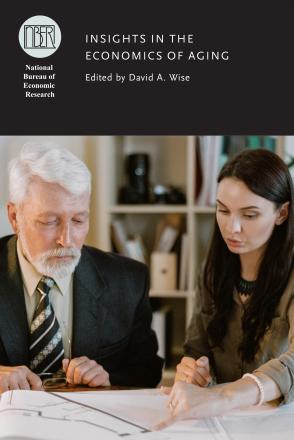Trends in Pension Cash-Out at Job Change and the Effects on Long-Term Outcomes

Might the financial security of working Americans during retirement be jeopardized by their ability to cash out their pension plans when they leave a job? Federal tax rules discourage such actions, but limited evidence suggests the practice is common. This paper uses long-term longitudinal data in the Health and Retirement Study to update prior findings, investigate cohort differences and study the long-term consequences of pension cash-out at job separation. We find pension cash-out is more concentrated among workers who experience economic or health shocks around the time of job separation. The most recent cohort of older workers more often cashed out pension balances and more frequently used the balances for spending or to pay off debt. This is likely due to job separations during or in the aftermath of the Great Recession. Long-term outcomes for those who cashed out balances are worse than for those who did not, but so were their baseline characteristics. Along with the fact that outcomes are similar across worker populations with or without access to pension cash-out, we conclude that the worse outcomes among workers who cashed out are due to shocks leading to cash-out behavior rather than to access to the cash-out option.
-
-
Copy CitationPhilip Armour, Michael D. Hurd, and Susann Rohwedder, Insights in the Economics of Aging (University of Chicago Press, 2016), chap. 1, https://www.nber.org/books-and-chapters/insights-economics-aging/trends-pension-cash-out-job-change-and-effects-long-term-outcomes.Download Citation
-


